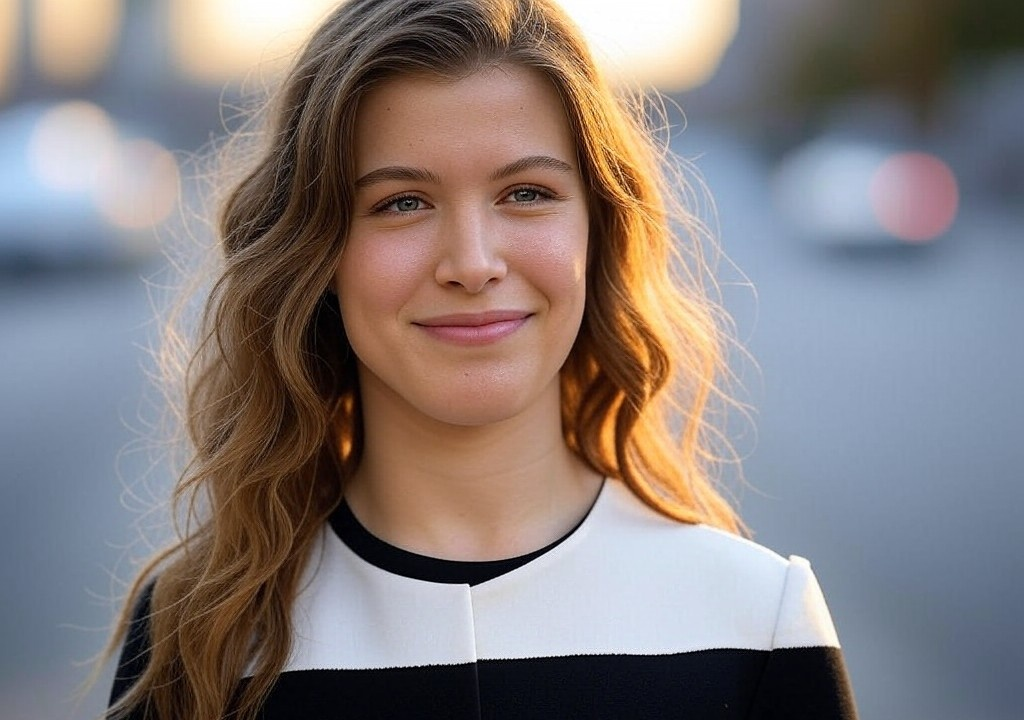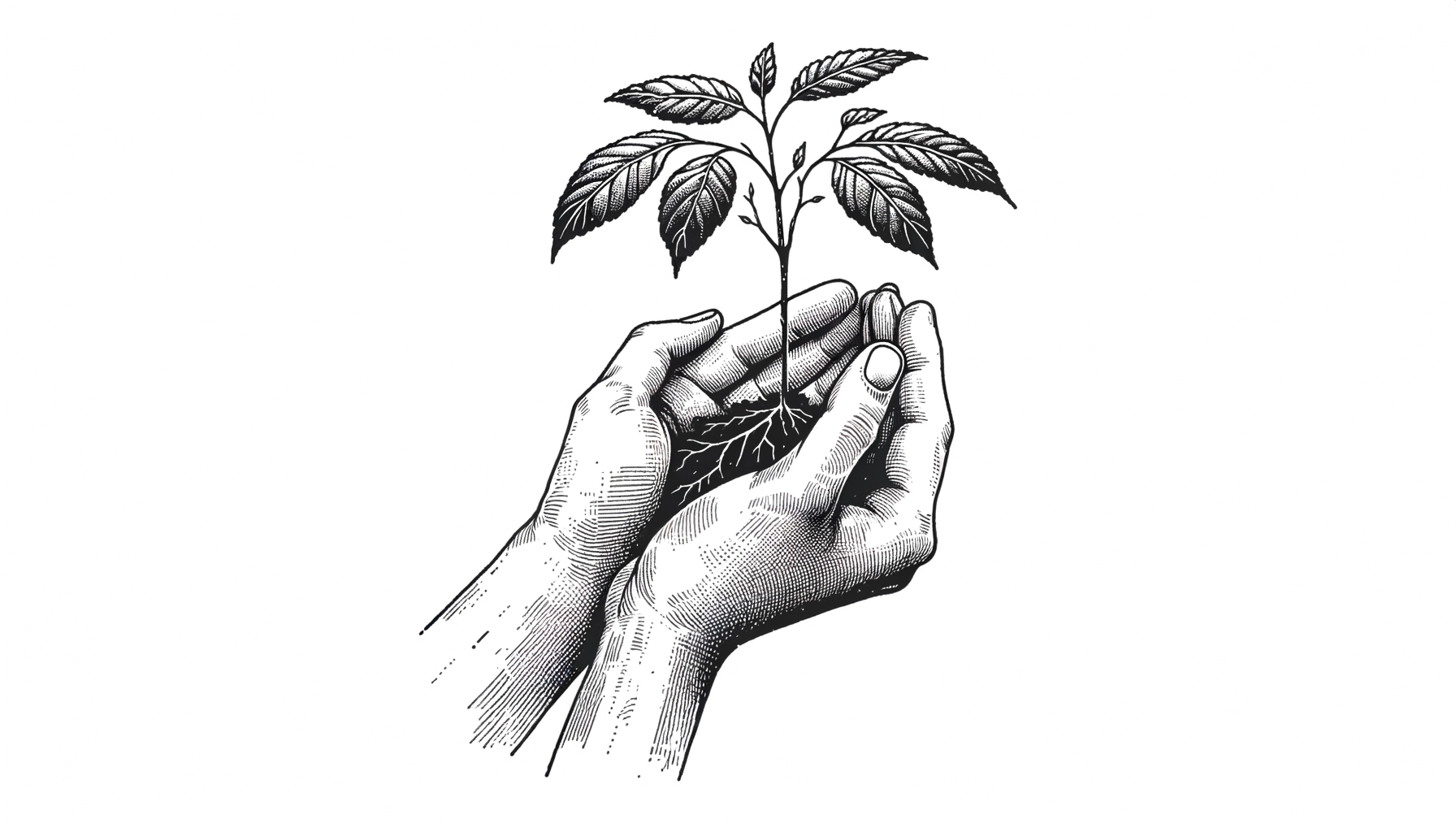When Someone Sees You Before You See Yourself
Have you ever looked back on a moment and thought, How on earth did that person know I was capable of this when I didn’t even believe it myself? It’s the plot twist we all secretly crave: someone coming into our lives, tilting their head at us like a French bulldog hearing a new noise, and saying, “Hey, you’re more than you think you are.” Cue the warm and fuzzy freeze frame.
For me, that person wasn’t exactly who I expected. It wasn’t a teacher, a wise aunt, or some overly charismatic life coach trying to sell me a podcast series. My “see-you-before-you-see-yourself” person came disguised as Léa, an enigmatic, chain-smoking editor I met during my semester in Paris. And let me tell you, she didn’t just casually see me. She practically double-taked, shook me by the shoulders through her words, and dared me to try harder—kind of like the tough-love-montage coach in a rom-com.
But let me set the scene.
A Café Table and a Manuscript
Paris was, on paper, my dream life. I was a McGill student with big literary dreams, journaling furiously in the shadow of the Eiffel Tower with croissant crumbs dotting my notebook. Très cliché, I know. But the reality? I felt like an imposter. Every corner of Paris oozed sophistication, while I was still that girl from Montreal who made typos in her diary.
Enter Léa. She was a friend of a friend—the type of person who looks like she was born in black turtlenecks and boots that click dramatically on pavement. She’d been editing French manuscripts since forever and had the kind of sharp wit that could cut Brie. Naturally, she terrified me. But when she overheard me lamenting about my writing at a dinner party (a very Parisian whine-fest, if we’re being honest), she leaned over with her wine glass and said, “Show me what you’ve written.”
I balked, of course. There’s a special vulnerability in handing over something you’ve poured yourself into, fearing it’ll be shredded to confetti. My inner voice asked, What if my writing isn’t as good as I’ve convinced myself it is? But beneath the self-doubt, there was a tiny, defiant spark—one I didn’t know existed yet. So, on a rainy afternoon not even Gene Kelly could romanticize, I slid a hesitant manuscript across the café table. “Be honest,” I whispered, already regretting everything.
The Feedback You Don’t Want But Need
What Léa did next changed me. She treated my manuscript like it was written by someone with potential. Not to be confused with fluffy niceties—there were no “Oh, it’s great! Keep going!” cop-outs. She wielded her red pen like a seasoned surgeon. By the time she was done, the pages looked like a crime scene. Marginal notes like “Why settle for the obvious metaphor?” and “Do not bore me with detail—surprise me!” were everywhere. At one point, she literally circled entire paragraphs and just wrote “NO.” In bold. Twice.
Here’s the thing: she didn’t just criticize my writing; she dissected it with the precision of someone who believed I could handle it. She treated me like I was capable of better, and somewhere between terror and caffeine-fueled adrenaline, I realized I wanted to prove her right.
To say that her feedback stung is like saying Paris is mildly scenic. But it also hit a nerve that woke me up. My writing didn't just need tinkering—it needed guts, personality, life. I’d been playing it too safe, too comfortable. Somewhere along the way, I'd confined myself to what felt like “good enough,” afraid to push the boundaries in case I failed. And this stranger—someone who probably used wit like a weapon in kindergarten—was telling me to not only mess with my limits but to blow right past them in spectacular ways.
Seeing Your Worth Through Someone Else’s Eyes
Here’s the thing about moments like these—they’re not magical in the traditional Hollywood sense. Léa didn’t hand me a golden ticket or offer me a contract with a New York publisher. Instead, she gave me something far more valuable: permission to see myself differently. At the time, I didn’t even realize I’d handed her that invisible burden. But isn’t that what we do when we doubt ourselves? We wait for someone else to validate us, to stamp our potential with their authority. And when that happens—when someone sees you with an urgency you’ve never granted yourself—it can completely realign your life.
Léa’s belief gave me the courage to leave my safety net behind. Not just in writing, but in everything I touched thereafter. It was the proverbial slap in the face, yes, but it was also an open door. I started revisiting my work with fresh eyes, seeking not perfection but passion. And, on the days when my confidence wavered, I held onto the image of Léa furiously scribbling on my drafts, murmuring, You can do better like a Parisian mantra.
How to Recognize Your Own “Léa” Moment
Not everyone will meet a French-speaking critical muse in the corner of a café, but that’s okay, because these people aren’t as rare as you might think. Here’s how you’ll know when someone has seen you for the dazzling star you’re working so hard to hide:
-
Their feedback will sting, but it’ll also ignite something. It won’t taste like honey—it might be more like black coffee. But that recoil of discomfort? That’s the signal you need to pay attention.
-
They’ll treat you like you’re capable, not fragile. Whether it’s your career, your relationships, or your next creative venture, the person who sees you will never coddle you. That’s love—or mentorship—at its purest.
-
They won’t just point out what’s missing; they’ll make you want to fill the gaps. A true “see-you” person doesn’t just highlight your flaws; they make you believe you’re the kind of person who can overcome them.
-
You’ll want to prove them right. Call it accountability or ego, but when someone genuinely invests in your growth, it changes how you see yourself. And that’s where the magic happens.
The Takeaway
When I think about Léa now, I’m not just grateful for her guidance—I’m inspired to be the “see-you” person for others. Whether it’s a friend doubting their career path, a partner unsure of their dreams, or even a stranger needing a nudge, I’ve learned how transformative one well-timed dose of belief can be.
Because sometimes, the greatest gift someone can give isn’t fixing you or teaching you a skill. It’s their unshaken faith in your ability to fix, grow, and surprise yourself. When somebody sees you in a way that matters, they’re not giving you a cheat code—they’re shining a light on the part of you that already knows where to start.
So be ready. The next person who sees you might not come wrapped in kindness or clichés. They might be harsh, direct, or even annoyingly smug. But if you sense that spark—if someone dares you to want more for yourself—well, my advice would be to lean in, even if it scares you.
Because when someone really sees you, you start to see yourself, too. And that changes everything.




















